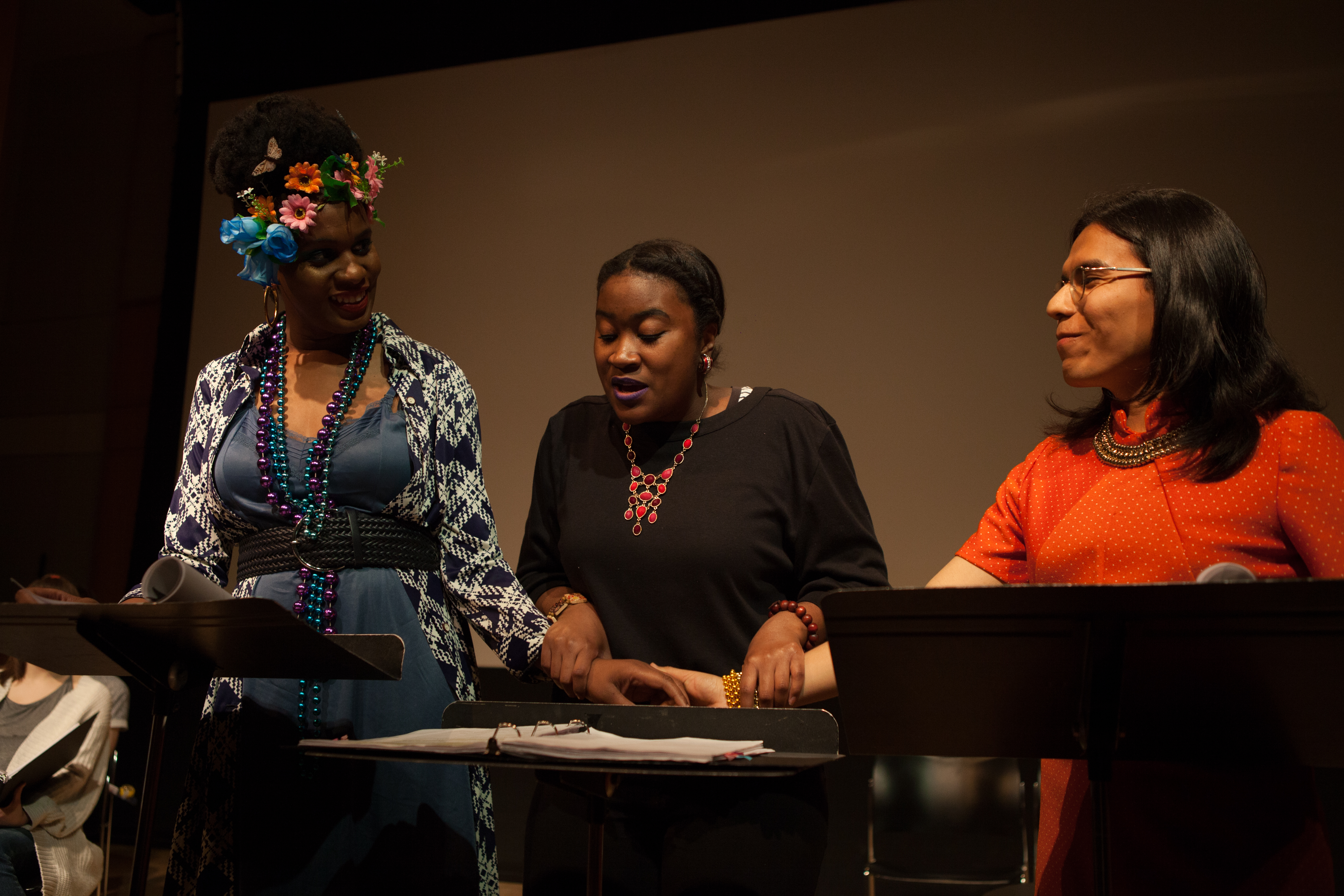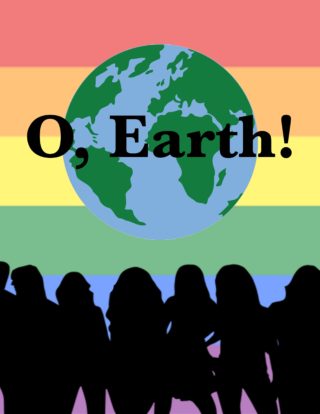Jimena Lucero
Before there was Pride there was a desperate call for liberation from our gay, trans & queer ancestors. The Stonewall Riots that began on the night of June 27th, 1969--after a police raid that resulted in the arrest of LGBT people--would not have been possible without figures like Marsha P. Johnson & Sylvia Rivera. It is important to note that this was a collective effort that involved people who, due to lack of documented history, have gone unnamed.
Johnson and Rivera, two trans women of color, were leaders in their community who founded Street Transvestite Action Revolutionaries (S.T.A.R.), which intended to provide shelter to queens and trans women who were homeless. When the riots took place Rivera and many other LGBT POC had nothing to lose. They were fed up with the abuse they encountered at the hands of law enforcement. Today, almost 50 years later, we continue fighting for the rights of trans people to be respected & recognized. Many of us still encounter abuse and negligence at the hands of law enforcement and a society that privileges cissexual/ cisgender experiences.
Earlier in May, Roxana Hernandez, 33, an undocumented trans woman died at a detention center due to complications related to HIV. She was one of many trans and gender-nonconforming immigrants who travelled to the US in a migrant caravan in search of asylum. She was trying to escape the violence and discrimination she faced in Honduras. Hernandez had been in the custody of ICE for about two weeks at the time of her death. US Immigration & Customs Enforcement didn’t provide Hernandez with quick medical care and kept her in a poor living environment, which later resulted in her death.
Johnson and Rivera’s legacy lives on especially when there are still trans people incarcerated, homeless, and/or sick and without healthcare.
I am a poet and organizer of the Trans is Magick! Collective, alongside Mikaela Miguel. Our mission is to push for trans liberation through art and community building. At the forefront of our collective is trans people of color and trans people with disabilities. I had the honor of portraying Sylvia Rivera in the staged reading of O, Earth!, a play by Casey Llewellyn, performed at the Graduate Center. When I was asked to play the role of Sylvia Rivera I was hesitant because she was someone I had admired for a long time. However, I thought of the ways in which I could relate to her and her mission and couldn’t let the opportunity pass.
I have watched the Youtube video of Rivera at a 1973 rally for gay liberation countless times. Rivera appears angry, hurt, but most of all assertive. She was able to turn the crowd who heckled her onto her side. This was a woman who had been abused by society and her own community. In the video, she yells out, “I have been to jail. I have been raped and beaten, many times.” Those words continue to haunt me. And I tried to portray that same urgency on stage.
O, Earth! humorously reimagines the queering of Thornton Wilder’s play Our Town. Although the play is comedic and has elements of camp, it is still able to dive seriously into topics of gender, race, and class. When I read the lines for the character of Rivera, I choked up knowing that she had to fight until the very end for trans liberation. Close friends say that Rivera was worried that the revolution would not continue after she died. She was afraid that trans and gender non-conforming homeless youth would not be taken care of.

I was fortunate to build a wonderful relationship with my scene partner, Nyala Moon, who did a beautiful job portraying Marsha P. Johnson. We both talked about what these figures meant to us and imagined how they both related to each other. I am thankful that there are roles being written for trans people and directors who are actually casting trans actors. I’d like to thank the director Zeynep Acka, Roberta Cooper, and the incredible cast for being part of this project.
There is not enough documented scholarship about people like Marsha P. Johnson or Sylvia Rivera, yet we must recognize the importance of their legacy. I am thankful for the archival work of independent institutions, researchers, and activists like Reina Gossett, Miss Major Griffin-Gracy, and Janet Mock. Without their work, these figures would go forgotten.
The contributions of trans people, POC, and/ or disabled folks, will continue, and we must be there to support them. We shouldn’t only value members of our community after they are gone, and instead provide a sustainable life for them where they can exist for future generations.


